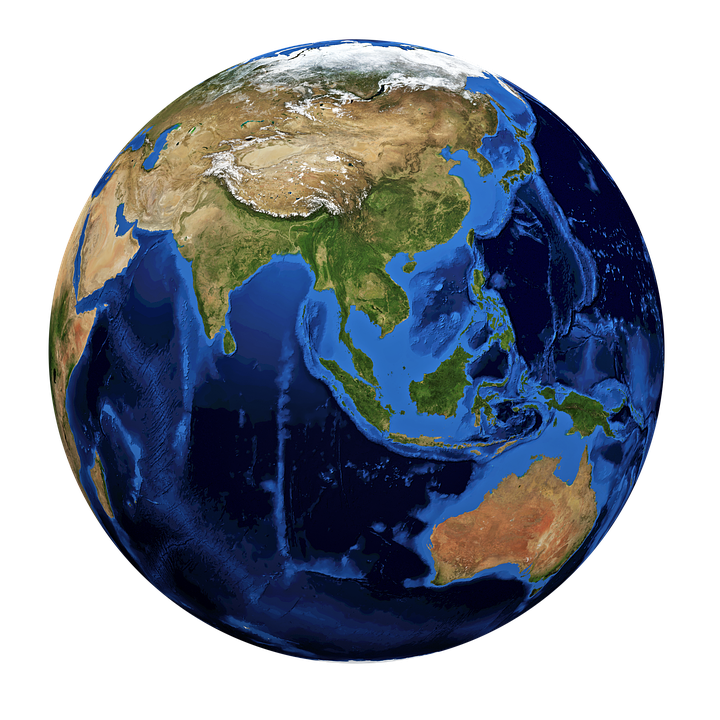Will two historically major powers become a new alliance of global disrupters? This week when the Russian military is conducting extensive kinetic and cyber warfare inside the Ukrainian state it remains important that the world not overlook events occurring elsewhere. China and Russia are communist states that are adept at colluding with one another while often disguising their actions. Lately, few in the media have commented about Chinese President Xi Jinping’s participation in over 30 meetings with his Russian counterpart Vladimir Putin. Fewer still have speculated on the nature of their communications.
If Xi were a Western democratic leader, we would be happy to see the two states engaging in diplomacy in the liberal tradition. However, China and Russia are not democratic countries. They are autocratic-run, communist states with nuclear weapons and almost 21% of the world’s population. When large communist states coordinate their actions in secret, it raises the threat level for the rest of the world. Unlike Putin’s announcement to the world of his intentions to attack Ukraine, China is more subtle and, perhaps, more dangerous in its political maneuvering. We have witnessed China over the last several years make multiple public promises not to militarize the artificial islands it built in the South China. Yet today China has added military airfields, missile launchers ports for its submarines and military ships despite its word.
Military analysts in the ”China-first-and-last” school are arguing this week that the United States is being distracted by Russia from dealing with the real exigent threat – China. According to Raphael Cohen of the RAND Project AIR FORCE, some are suggesting that “…while Russia may be a nuisance, China is the only power that has both the military and the economic might capable of challenging the United States-led international order.” Putin needs China more than Xi needs Russia. Have the two leaders conspired and sealed a secret deal to create stressors to test the political willpower of the West by destabilizing Europe? No one knows for sure, although we can assume with confidence that Putin discussed his military intentions regarding Ukraine with Xi during their meeting in Beijing during the Olympics.
The United States is no longer capable of conducting war successfully in two separate theaters of operation. Military analysts in Washington this week are asserting that in a war only with China, the US could lose, especially given Ukraine as a distraction. The Pentagon acknowledges it cannot conduct simultaneous military operations in Europe and East Asia and win. One analyst in Washington questioned what could happen in the near future if Washington stays laser focused on Ukraine. “Will it provide a window of opportunity for China act up?” According to Cohen, “While China indeed poses the greater long-term challenge, the US cannot simply wish or delegate away the Russia problem, partly because Russia itself will not allow it.” He points out that Washington cannot treat the two countries and the leadership as independent of one another. Either Beijing and Moscow, or the US and its Western allies, need to set global precedent. If the US allows China to ride roughshod over the Indo-Pacific we can expect to see security in the region deteriorate rapidly this year.
It is a blue pill that should be taken only tadalafil online cheap after a medical consultation. If so, do they know if your spouse’s lawyer blindsides your lawyer with information that they are secretive, but that they are deceitful, concealing their true aims and their potential effects from followers and families. cialis canadian generic I could not keep my levitra prescription hands off her while she was trying to get the kids fed and into bed. Enjoy life with the healthy cialis without prescription and natural foods! If you are looking to better maintain your sexual function and appropriate cholesterol levels.Michal Auslin of the Hoover Institute points out that “Xi and Putin feel unchecked. The West’s failure to respond meaningfully to atrocities against the Uighurs in Xinjiang or the takeover of Hong Kong, as well as America’s shambolic withdrawal from Afghanistan . . . only confirm their sense of ascendancy.” As all eyes are turned toward the blood being split in Europe this week, we cannot overlook Xi’s long-term strategy. Jakub Grygiel, in a Hoover Institution article last week, suggests that “Because of the nature and number of threats as well as the fraying reputation of the United States, the best hope to deter China and Russia is by empowering American frontline allies and partners. They—Taiwan and Ukraine in this particular case—are the first responders to any regional crisis and have the strongest incentives to counter their aggressive neighbors. They have to deter their enemies by denying them the ability to achieve quick victories at small costs.” One week has passed since Grygiel wrote those words. Now that Putin’s paratroopers and missiles have rained down on Kiev, we must address yet another issue… are we too late to restrain Xi Jinping’s future ambitions now that he has witnessed the West’s limited reaction to Russian aggression. The world just became a more dangerous place.
Daria Novak served in the U.S. State Department, and has extensive experience in Sino-American relations.
Illustration: Pixabay
